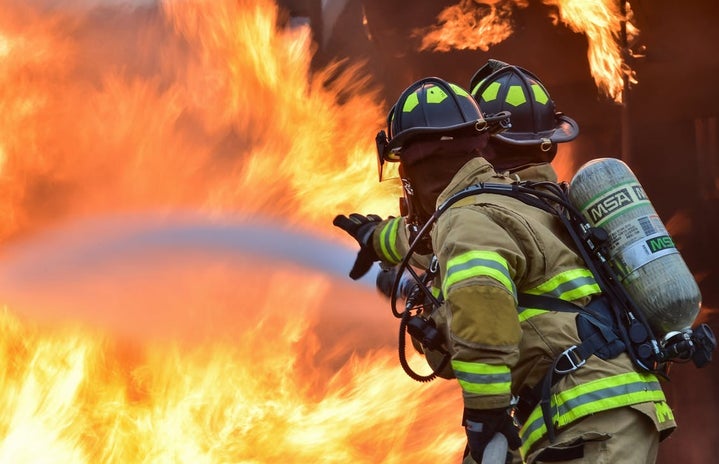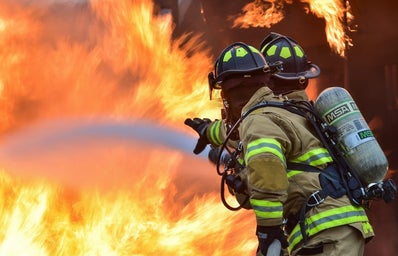Since the first confirmed cases of the new coronavirus, the world is aware of the transmission speed of the disease. Being classified as something new, the health community was not very sure of that information before. Furthermore, all journalism vehicles were flooded with news about it. Recently, they are mostly about ongoing vaccines against this disease. However, although it is the main problem that has reached global scales and changed the routine of almost all citizens, it is not the only one, and others remain extremely important. The new Coronavirus is not the only issue involving the environment, forest fires have increased worldwide.
According to National Institute for Space Research (INPE), it was detected, via satellite, that occurrence of forest fires in Brazilian Amazon last month increased an amount of 28% in comparison to July 2019. In total, there were captured 6.803 fires in 2020 regarding 5.318 fires in last year. One of the consequences of this is that, as shown by meteorological organ Metsul, the smoke and ash from these fires in the Amazon and Brazilian Pantanal (wetland) regions reached the south of the country earlier this month. The phenomenon was noticeable through the change in the sky colors at dusk and occurred due to hot air currents from the north, which carry smoke along the middle latitudes of South America.

Australia has always had environmental issues due to the dominant dry climate in a large portion of the country. Nevertheless, they have worsened significantly since last year. Official reports estimate that about three billion animals were killed or displaced by bushfires – almost three times more when compared to January numbers. “The interim findings are shocking. It’s hard to think of another event anywhere in the world in living memory that has killed or displaced that many animals”, stated Wildlife and Environmental Conservation (WWF-Australia) CEO, Dermot O’Gorman. “This ranks as one of the worst wildlife disasters in modern history”.
However, what are the causes of this nature crises?

Climatic misfortunes are natural from time to time, but anthropological actions have increased their frequency and severity. For example, a burning season which was already common in regions with dry woods, this year is even more common, happening with increasingly shorter breaks. That is because global warming is rising the average temperature from Earth’s climate system. Good news is fighting against it may be done with small actions, such as: reducing household waste, saving up electric energy and potable water, supporting agro-ecological food and choosing to go on foot or by bicycle, instead of using a car, when possible.
———————————————————————
The article above was edited by Marina Ponchio.
Liked this type of content? Check Her Campus Casper Libero home page for more!



